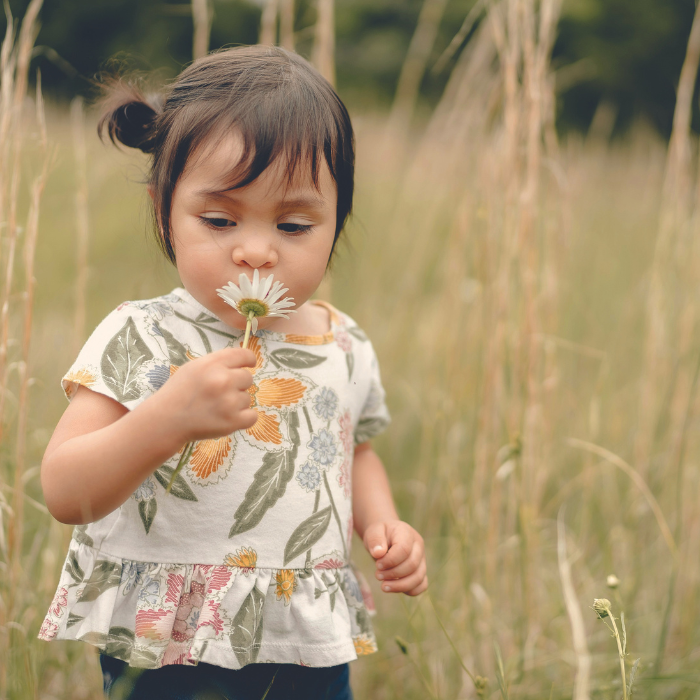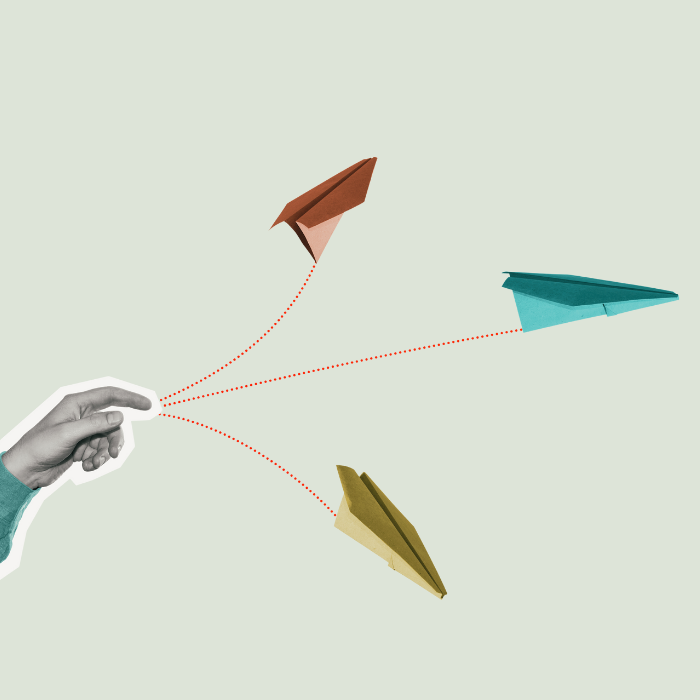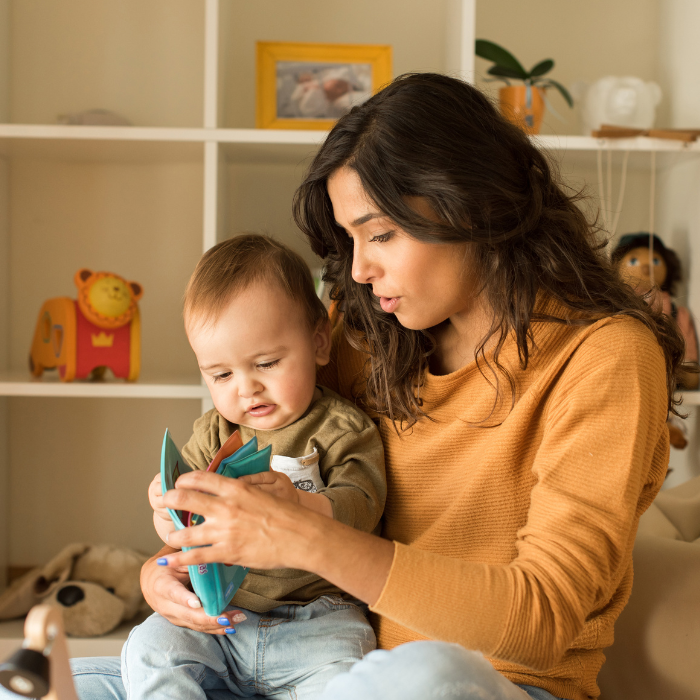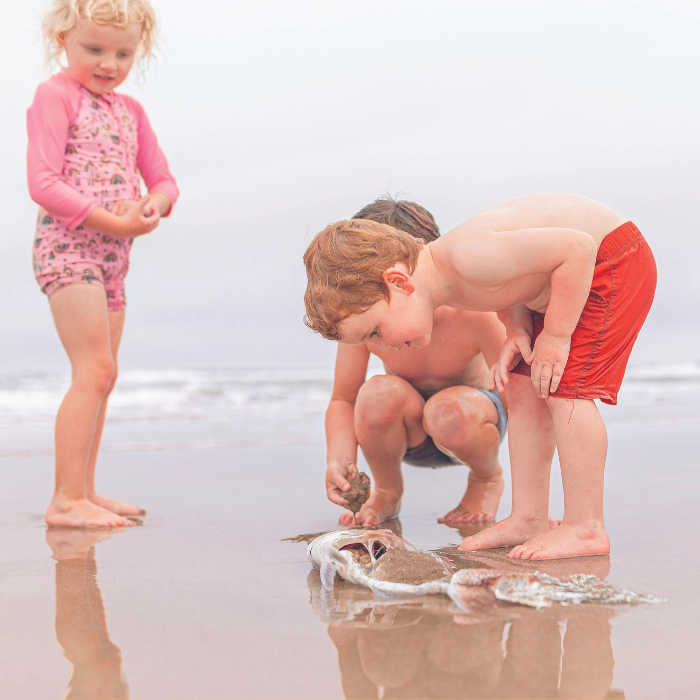
Why can some people play music by ear? And how can this skill be encouraged? Dominic Blaazer explains.
Many people know the benefits of learning to read music, and of how it develops the growing brain and can provide mental strength and development through adulthood. As a child, I must have learnt the rudiments of written music because I remember presenting my mother with a world premiere of my first song: something about catching a little fish. It looked exactly like music but when her piano teacher played it, it was utter nonsense. I was starting to gather musical tools but I’d barely learnt to use them.
However, during this heady period of my musical journey, I was also singing every harmony that existed (along with a few that didn’t) within our family’s record collection. My own musicality was clearly living a dual life, where the written language would only begin to make sense years after absorbing the aural skills. It’s the same when we learn to speak – the writing will follow once we can push a pencil and have worked out which one is b, d or p.
Is learning music by ear as simple as just repeated hearings of the same thing or is it more involved? Yes and no. Apart from those born musically gifted, to play music you need some basic skills. Firstly, the ability to move your fingers individually. Until they start to play music, most children move all their fingers together: opening doors, grabbing things. The weaker fingers will develop through playing music. Secondly, if you’re reading music, you must comprehend and put into practise the language and symbols, learning more as you progress. Thirdly, you need ear training so you know how to follow a tune, how to sense where a ‘home’ note is, how to sing from one note up or down to another. With a good ear that has received some training and modest reading skills, it isn’t hard to “hear” written music, and as a child moves their fingers along a keyboard, it is ear-training that helps with accuracy when seeking out the correct notes in a sequence. My students will often play me something they’ve learnt from the radio and, while it may need minor correcting, it is ear training that has got them that far.
There are many things you can do with your children to develop their pre-literate musical skills, just as with speech. Singing instead of speaking may sound lame, but musicals like The Sound of Music or Mary Poppins were responsible for almost an entire generation’s ability to sing a scale with “Do Re Mi”. How about carrying off a tricky rhythm with Supercalifragilisticexpialidocious? (Julie Andrews can still say that backwards, by the way. See if your child can.)
Early-years musical training such as the Orff Schulwerk method builds strong foundations using the rhythms of our innate speech patterns alongside percussive sounds derived either from instruments or body-percussion. Dr Shinichi Suzuki is world famous because of his “mother tongue” method – young children learn to play instruments in the same ways they learn their own verbal language: by listening, absorbing, and copying.
Another great potential resource is grandparents. Some say musical talent skips a generation and we’ve probably all noticed that our kids often get on with our parents better than we do! If your parents or in-laws have musical talent, your children might be the ones to benefit, not to mention extra time for you while they develop a strong bond with their grandparents and some useful skills for a musical future.
If home is not the best place for a child’s musical education, many different schemes and methods are available for pre-schoolers everywhere. Ask your local provider which methodology they use, then check the fit of that method with the most effective learning style for your child. There’s nothing wrong with trying a few to see which works best.
Dominic is a writer who also teaches music at Lewis Eady and performs around the Auckland region.








